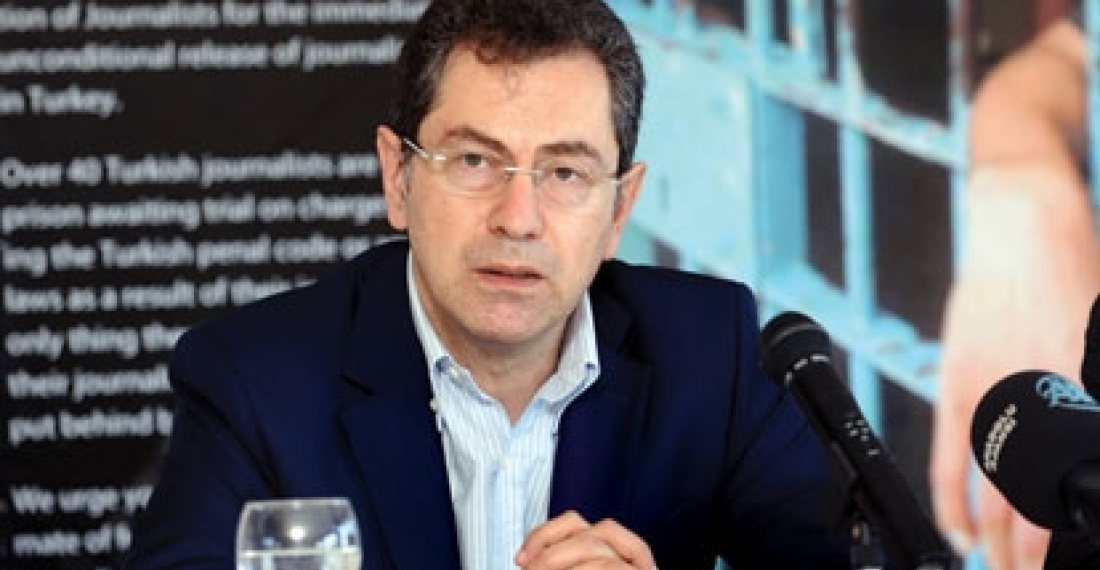Milliyet columnist Kadri Gürsel received the first Turkish-Armenian Journalism Award given by the Eurasia Partnership Foundation, Global Political Trends Center of Kültür University and Yerevan Press Club on Thursday.
The award is given to the journalist who contributed the normalization of the Armenian-Turkish relationship with his coverage of the issues between Armenia and Turkey, said Yerevan Press Club President Boris Navasardian.
“In the past, mainstream media in both countries were reflecting the official state views. In his articles however, Kadri Gürsel reflected his own personal experience and opinion with a very professional approach to the problems between Armenia and Turkey. Only these kinds of publications can help these countries understand each other,” Navasardian said.
Reporting about Armenian issues used to be taboo for Turkish journalist in the past, Gürsel said. “I cannot say this taboo has been broken totally, however it is not as strong as it used to be. Now we can write about this issue more freely.”
source: Hurriyet Daily News
picture: courtesy of Hurriyet Daily News







